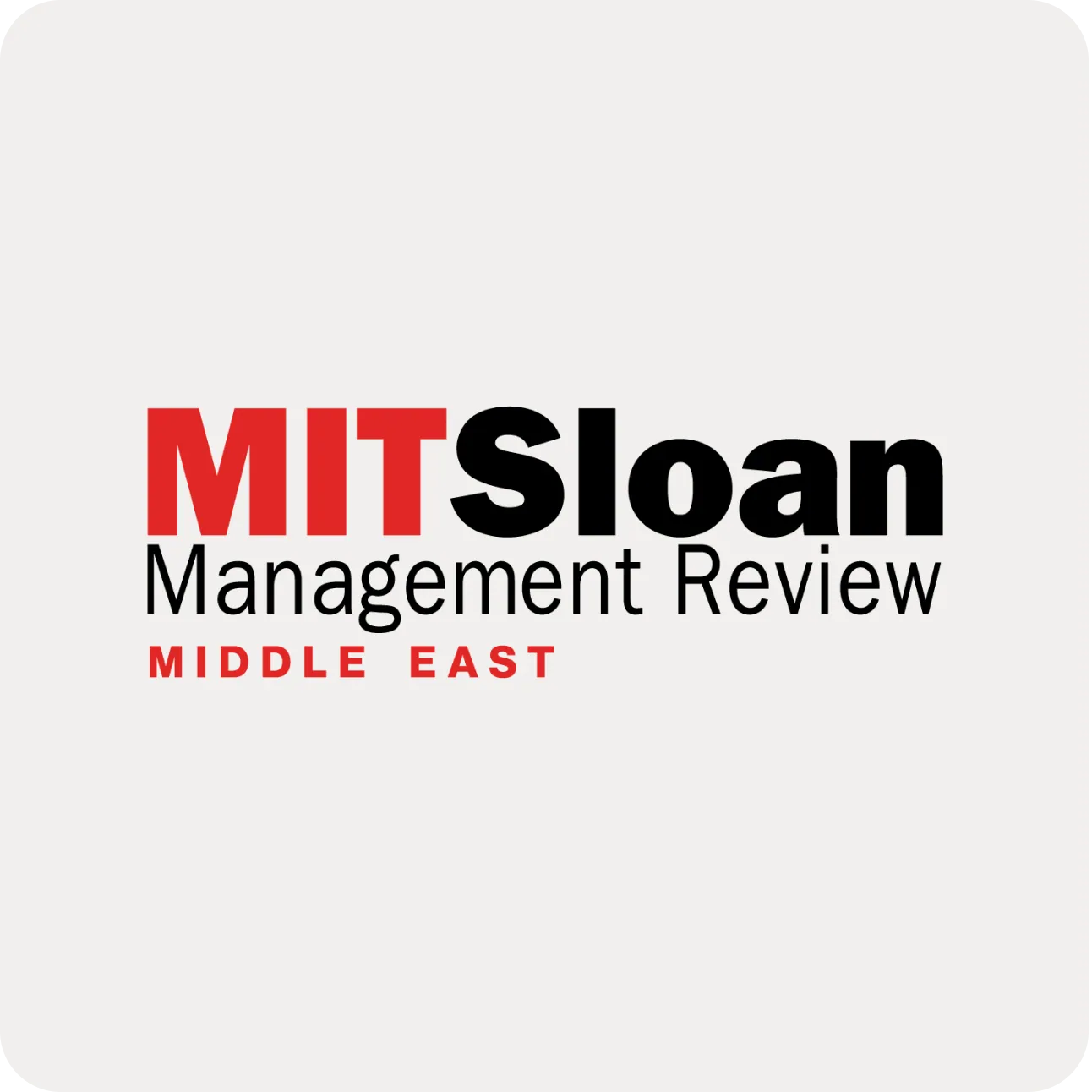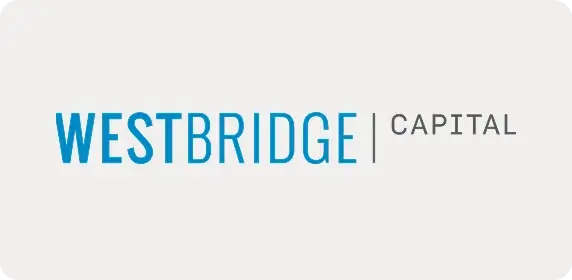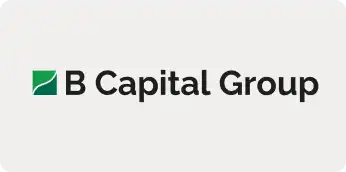As the driver of modern businesses, the Software-as-a-Service (SaaS) industry is evolving amid technological changes, with AI and machine learning coming into play.
Given the agility, accessibility, versatility, and cost-effectiveness today, SaaS solutions are part of nearly every business workflow and significantly impact operational costs.
Globally, SaaS has accelerated digital transformation for organizations, and the global market is projected to reach over $282 billion in 2024.
In the Middle East region, the SaaS industry’s growth has also been positive. The market is projected to experience a compound annual growth rate (CAGR) of 18.25% from 2023 to 2030, ultimately attaining a value of $22.7 billion by 2030.
The region makes it easier for international players to set up their businesses because of its business-friendly laws and regulations, solid infrastructure, and strategic location.
To open up avenues for the region to access solutions that are globally resonant yet locally adaptable, TechBridge 2024, a summit under the banner of the India-UAE SaaS Corridor, will take place in Dubai on January 30.
The summit, organized by SaaSBoomi, a community of B2B SaaS founders, is a platform for strategic networking and knowledge sharing for CIOs and tech leaders, a marketplace of ideas, and a hub for fostering partnerships with leading Indian SaaS innovators.
“TechBridge signifies the start of an era of enhanced global SaaS collaboration. We’re building a corridor that extends beyond business transactions to foster a symbiotic relationship where technology, culture, and innovation converge for lasting impact,” says Avinash Raghava, CEO of SaaSBoomi.
The SaaS market continues to grow in the Middle East region. The driving force for organizations to adopt the on-demand model is that it lets them access software and applications in the cloud, helping to save on infrastructure spending.
The trend is also propelled by regional governments recognizing the importance of SaaS in driving innovation and economic growth by streamlining operations, reducing costs, and helping stay competitive in a rapidly evolving business landscape.
However, setting up operations in a region comes with rewards and challenges. Understanding local competitors, market trends, pricing strategies, customizing options, meeting the country’s security and compliance standards, and forming strategic partnerships with local businesses are a few factors contributing to the complexity of this endeavor.
Ankit Oberoi, a seasoned entrepreneur and Chair of the SaaSBoomi TechBridge initiative, says the summit will meet the dynamic needs of the GCC market. “When software companies think about GTM, they think about Western markets, and GCC is often an afterthought. We’re here to change that.”
Research says that nearly half of the startups fail at the zero-to-one phase; the summit is a chance to learn from established leaders and their experiences in scaling SaaS companies.
This initiative, Oberoi adds, will showcase a “perfect synergy between top-tier technological capabilities and an understanding of the cultural and business nuances essential for success in the GCC.”
As exciting and favorable as the SaaS industry is, from the asset-light nature of SaaS and freeing traditional companies from doing complicated technical work by themselves, and most importantly, scaling, especially when combined with the cloud’s extensibility and elasticity, companies’ long-standing practices in product management, governance, and performance management often act as a hindrance to SaaS businesses.
The summit aims to be a platform to deep dive into the crucial domains of digital transformation, offering a glimpse into the strategic minds shaping the SaaS landscape and into the future of SaaS, including the challenges or opportunities in the industry.
“In the Middle East region, which is always a step ahead in most of the digital transformation across the industries and geographies, with the public sector and government players leading the change and the transformation, most of the time, the private players are playing catchup and therefore the need to meet more and learn from each other,” says Veneeth Purushotaman, Group Chief Information Officer, Aster DM Healthcare.
The Middle East’s SaaS landscape is diverse, with global and local providers offering solutions tailored to the unique needs of businesses in the region. As the digital infrastructure continues to evolve and businesses prioritize agility and flexibility, the SaaS market in the region is expected to witness sustained growth, fostering a culture of innovation and technological advancement.
TechBridge 2024, to be attended by CIOs of top UAE companies and major Indian SaaS startups, will provide unique insights into the future of SaaS technology and the ecosystem.
This article was originally published on MIT Sloan Management Review.

























